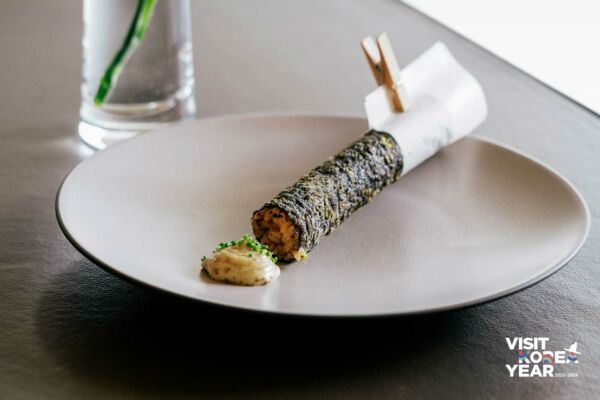
Moveable Feasts
Korean food and drink have never been more on-trend. Here’s a primer on how to slake your thirst and satiate your hunger throughout the nation.

An Online Magazine from the Asia Travel Experts at Remote Lands

Korean food and drink have never been more on-trend. Here’s a primer on how to slake your thirst and satiate your hunger throughout the nation.
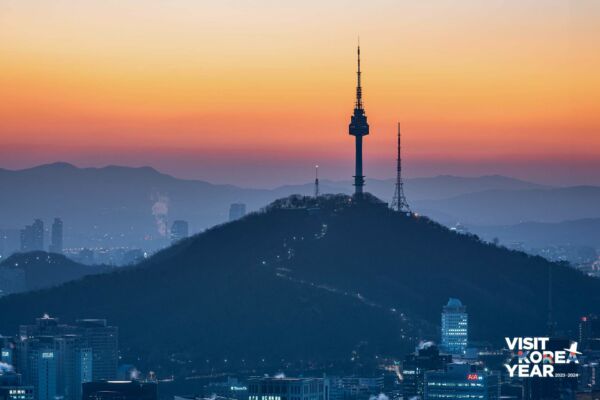
The Korean capital has evolved at dizzying speed, refusing to be overshadowed by other metropolises in East Asia. Here’s how to make the most of it.
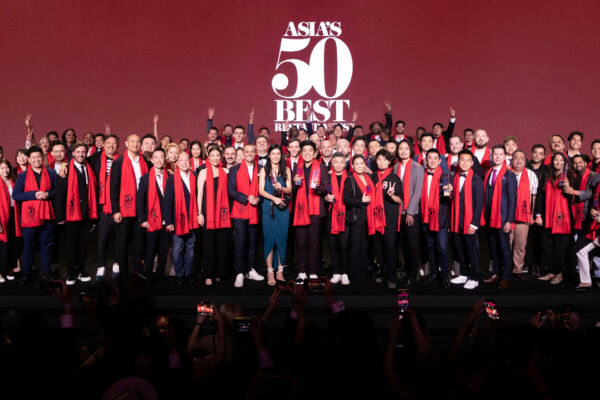
South Korea’s gastronomy-forward capital to host the regional culinary event in March 2024.
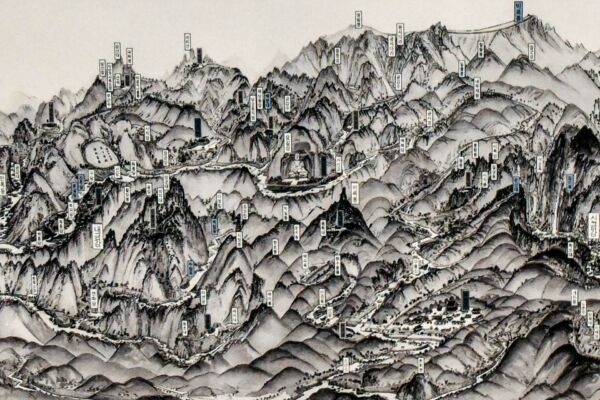
In the 1700s Korean painters brought fresh insight and reality to traditional art, cataloguing the country’s landscapes and society in exquisite detail.
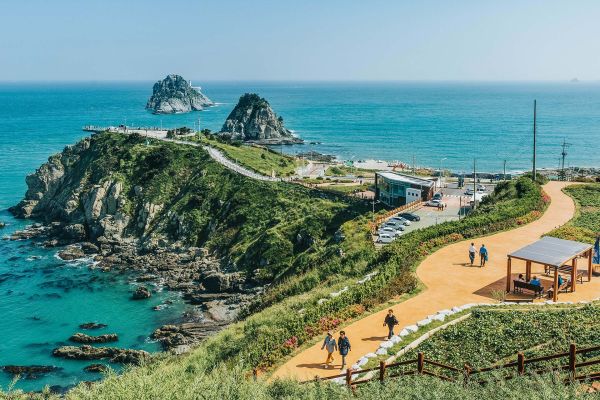
Often overshadowed by Seoul, the port city of Busan is an unsung highlight of South Korea. Here are seven ways to get the most from the coastal conurbation.

South Korean movies and television series have taken the world by storm. Here’s our pick of eight essential K-dramas to binge on Netflix before heading to the country.
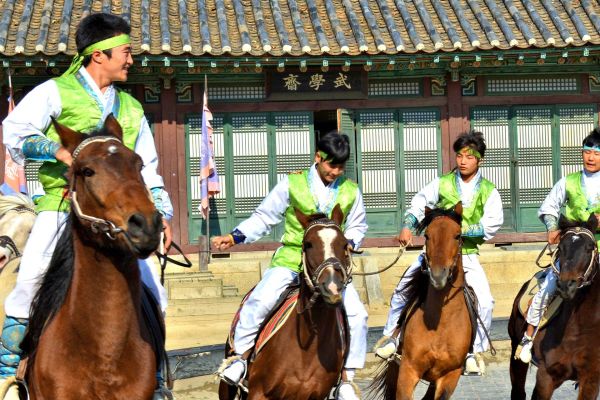
South Korea’s capital rewards destination diggers with a variety of underappreciated gems that rival its more popular hits.
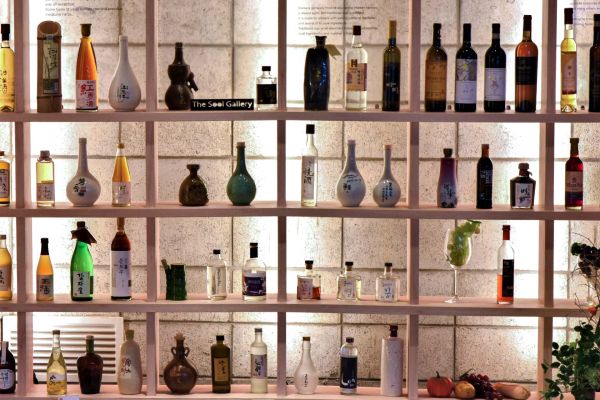
Introduced to Korea by invading Mongol armies, fermented rice alcohol (or sool) forms the basis for a range of widely-consumed spirits including the country’s beloved soju.
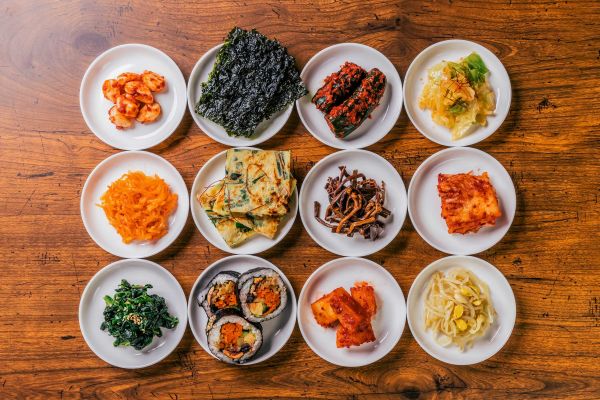
Once overlooked, the spicy, fermented flavors that fuel the peninsula’s culinary traditions are now grabbing the attention of a wide audience.
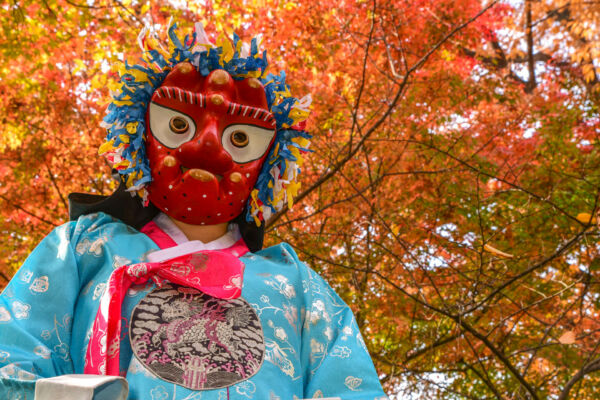
Ancient folk traditions such as talchum — a mask dance drama — belie South Korea’s reputation for tech-obsessed modernity
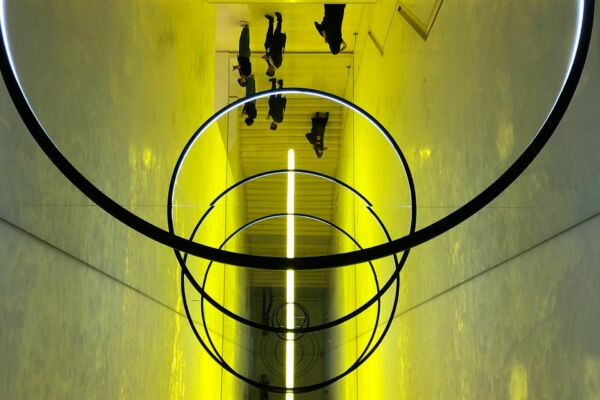
From Squid Game to Parasite and from BLACKPINK to bibimbap, Korea is the up-and-coming destination for post-Covid Asia.
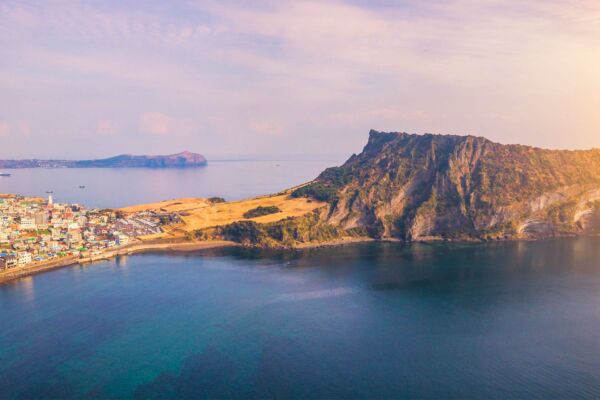
Jeju has long been South Korea’s most popular beach destination and it’s time to find out why.